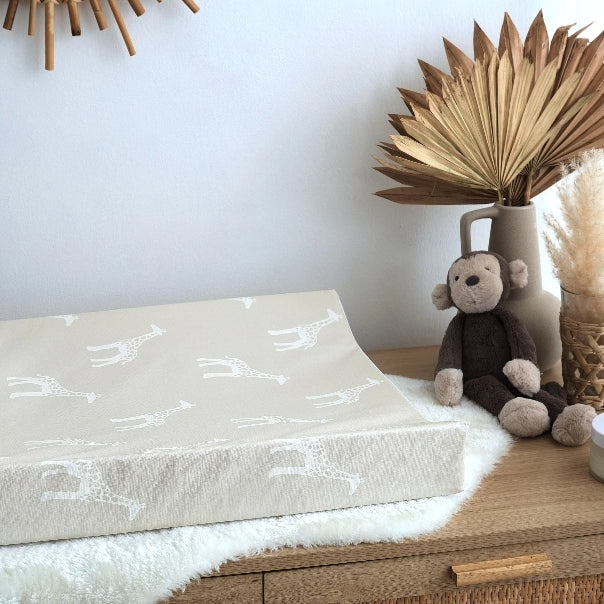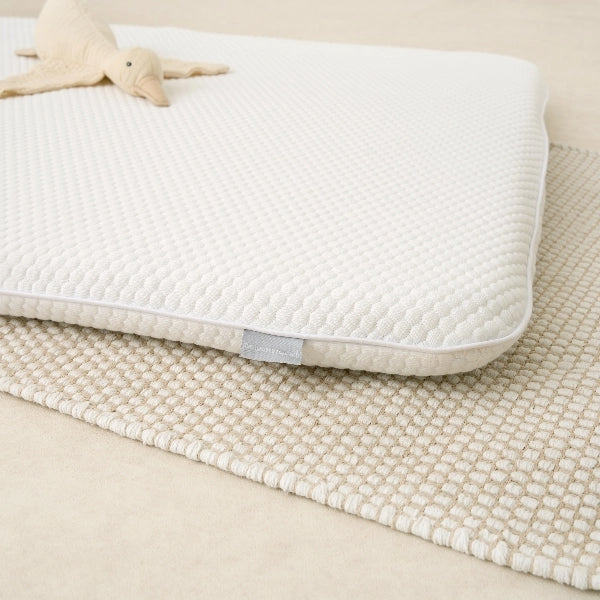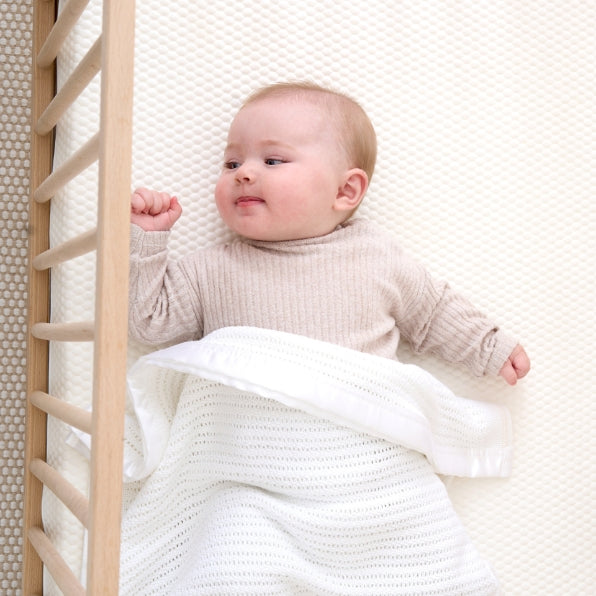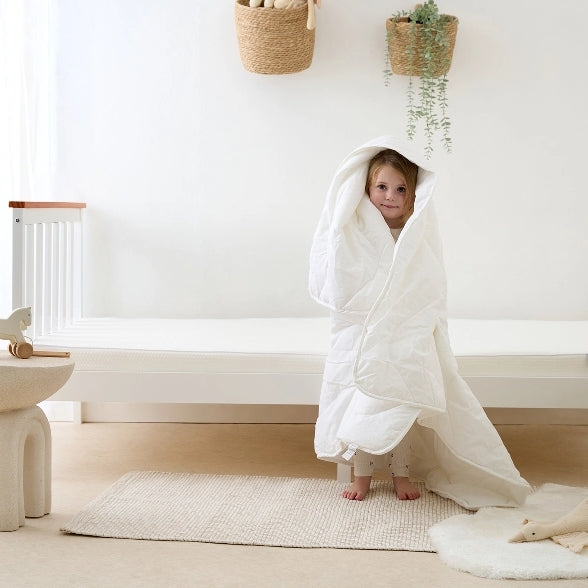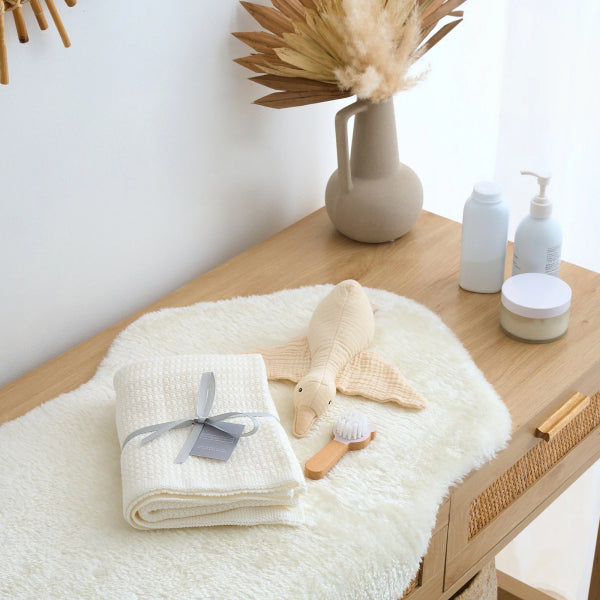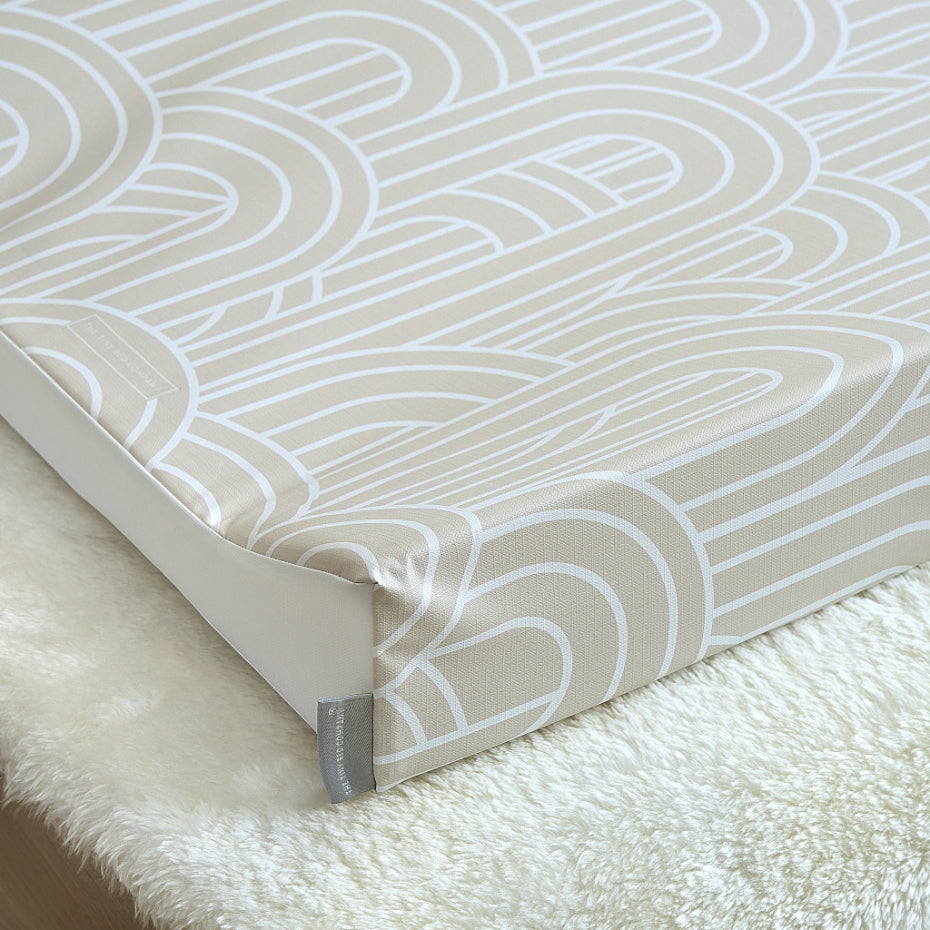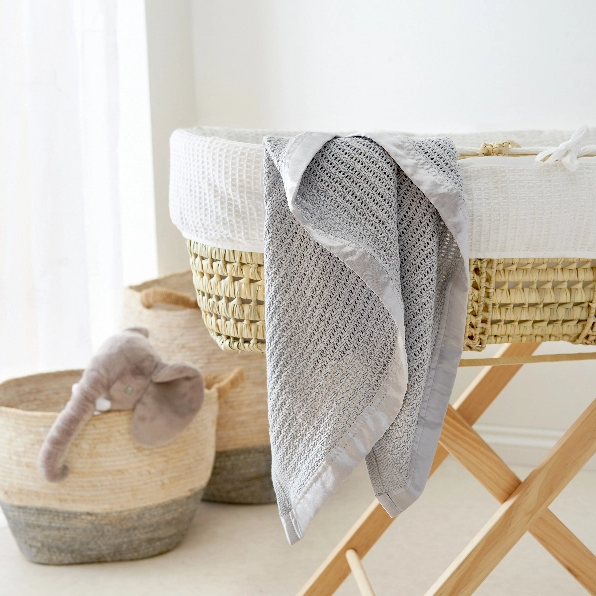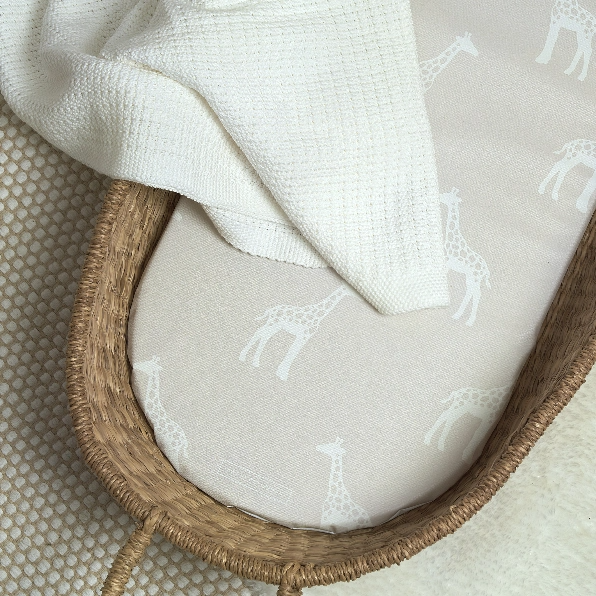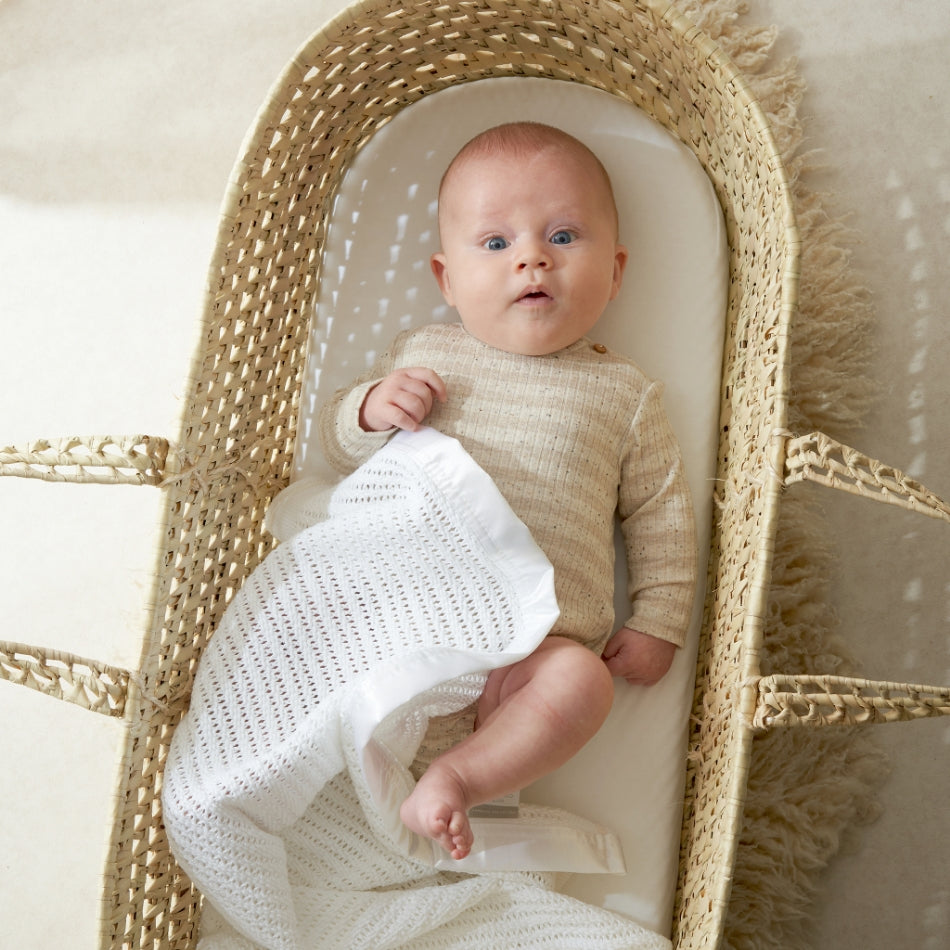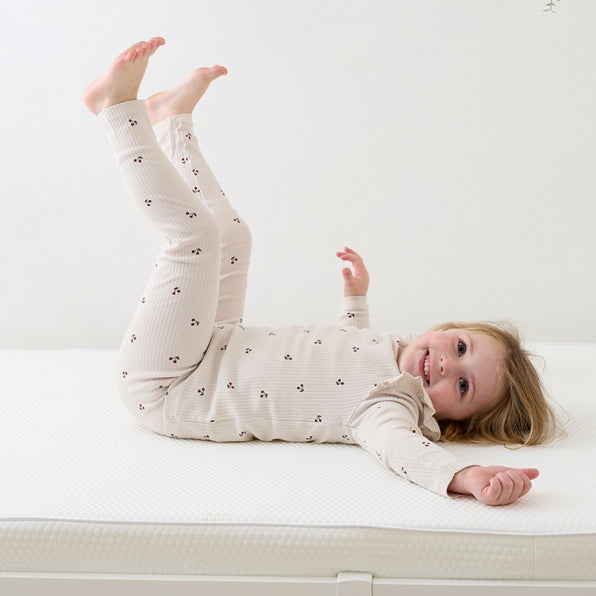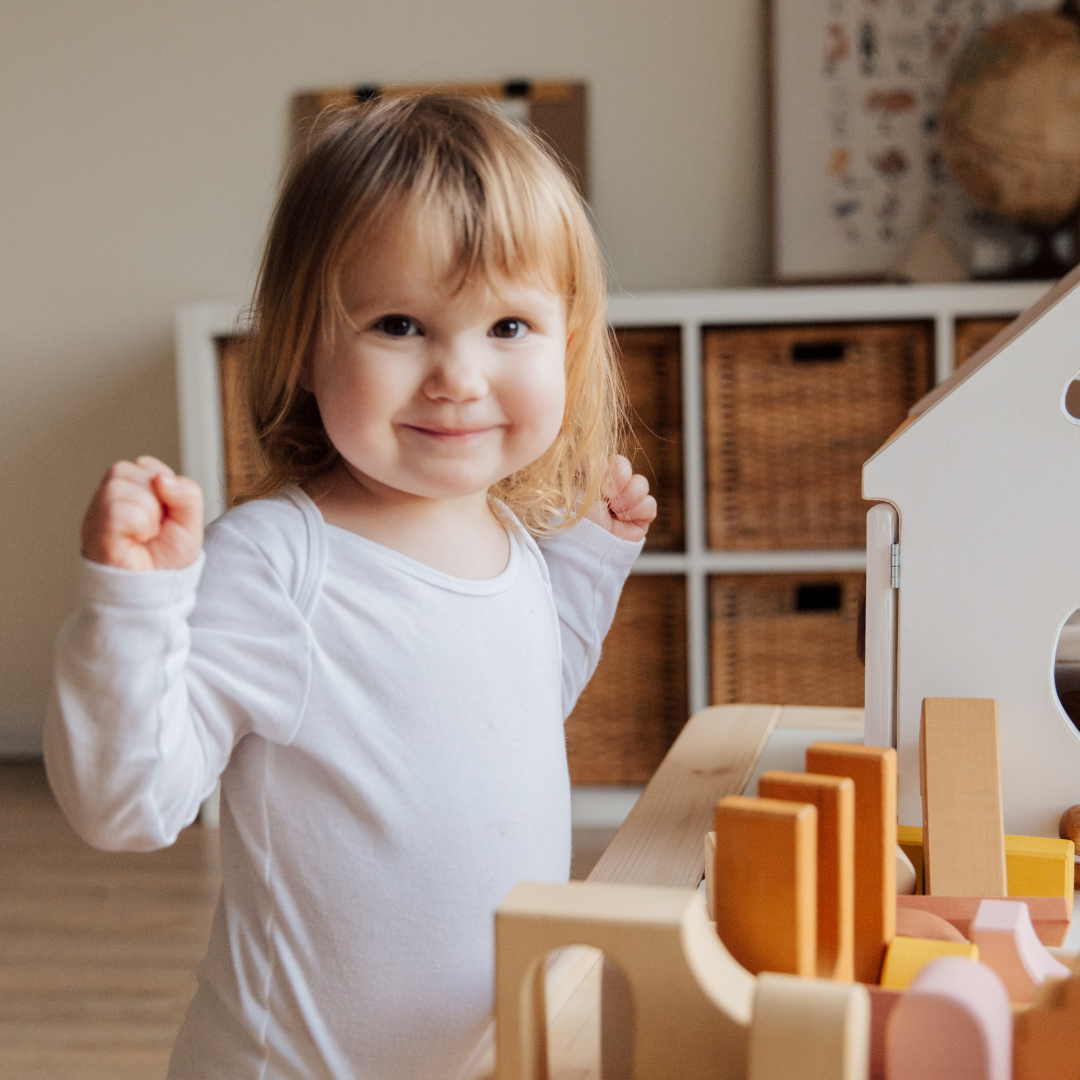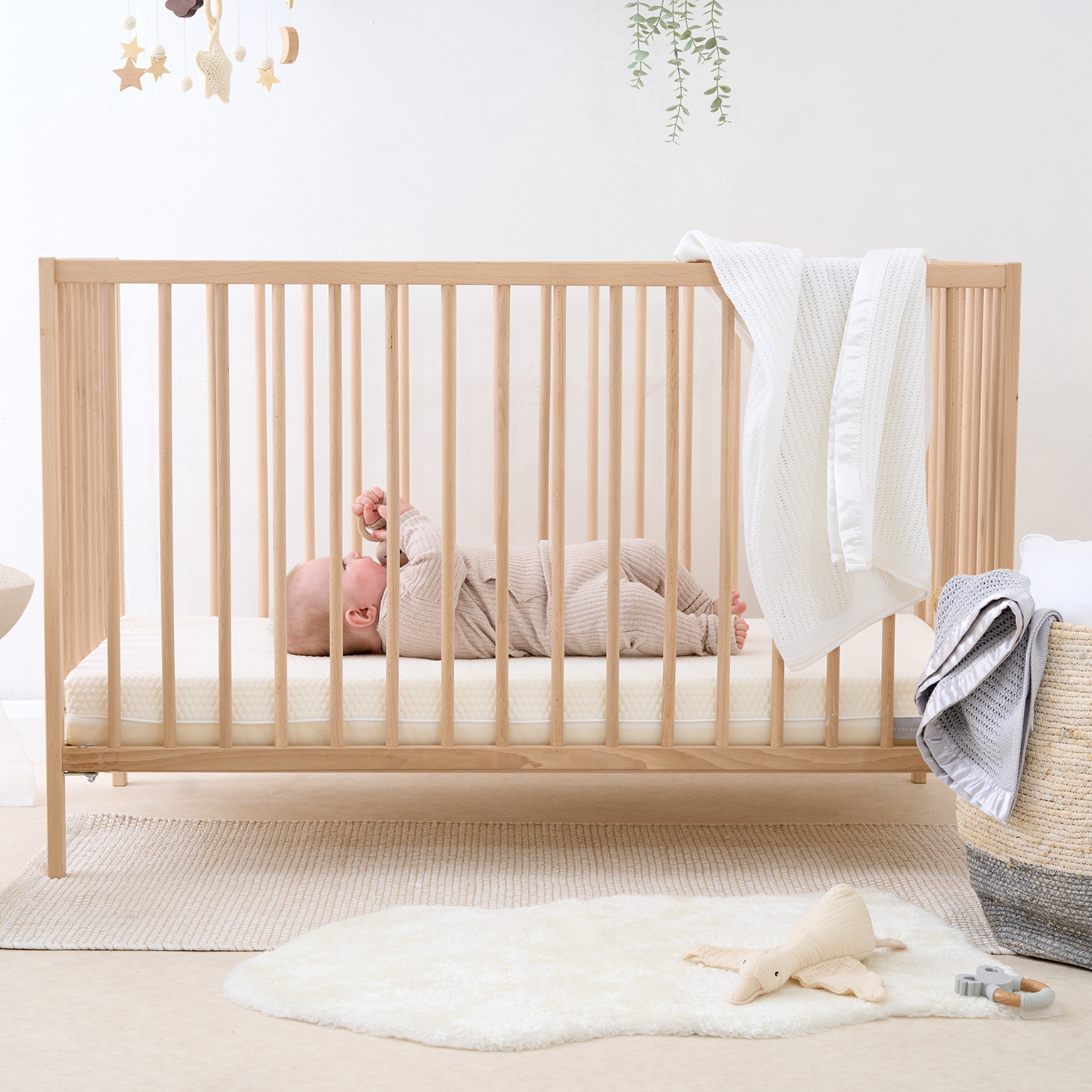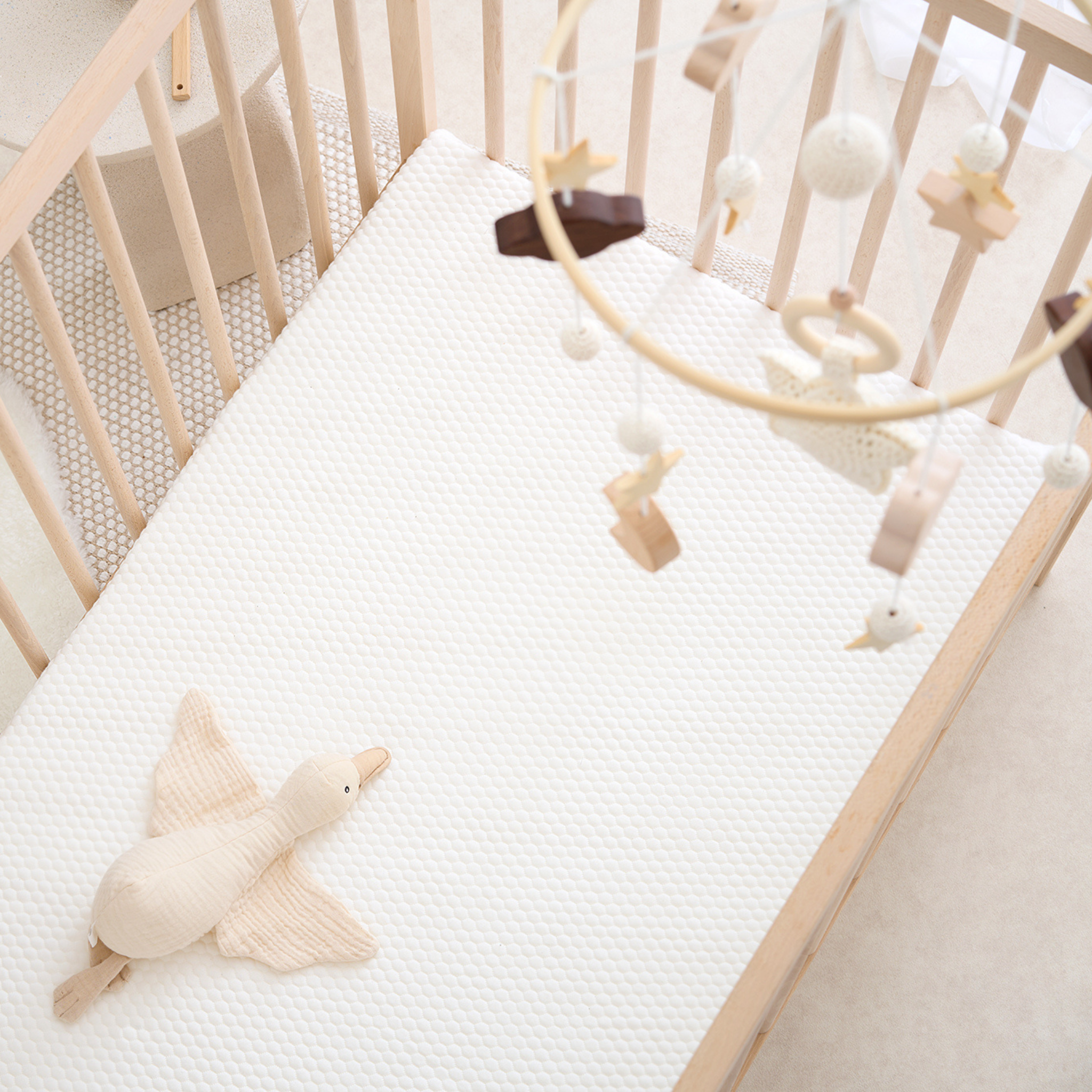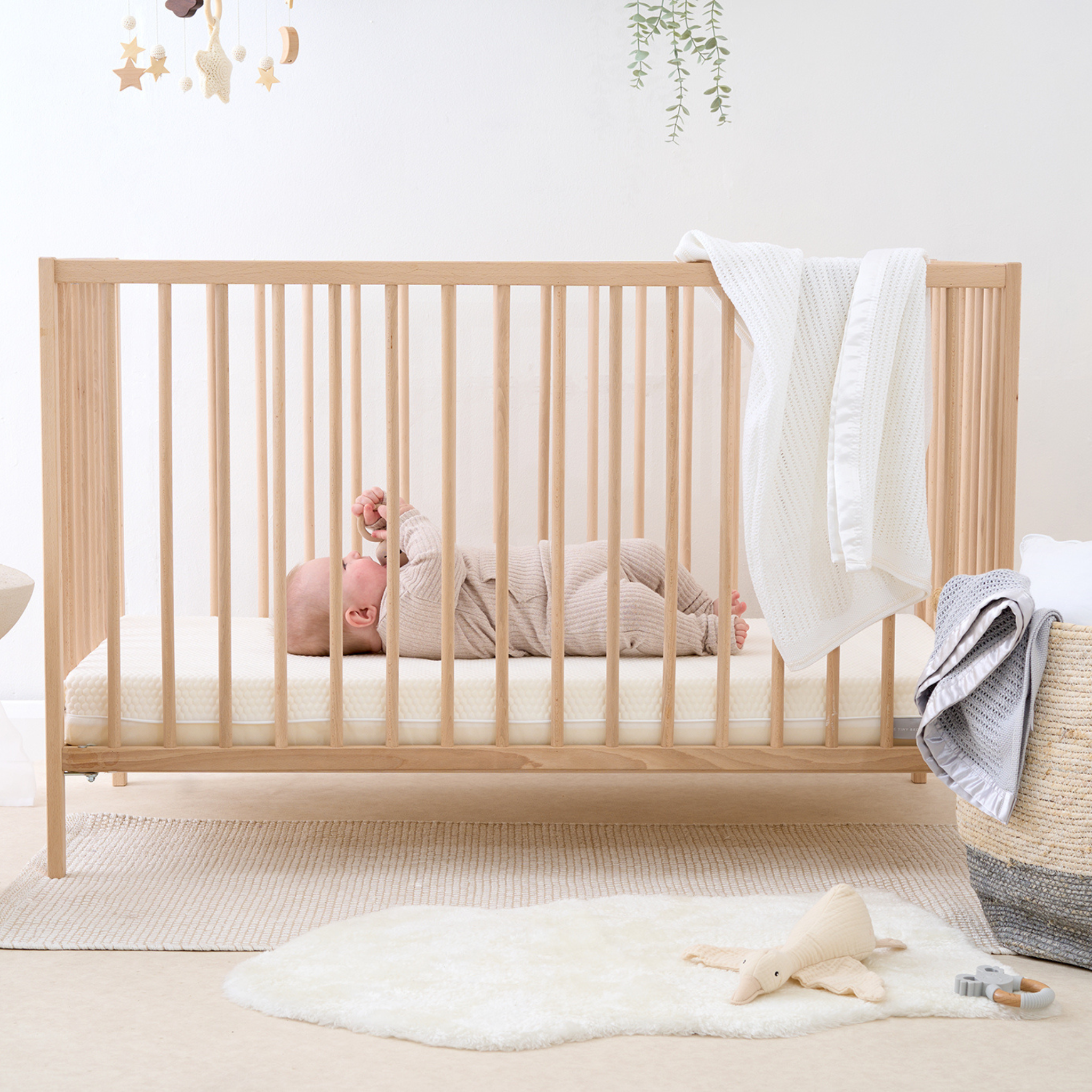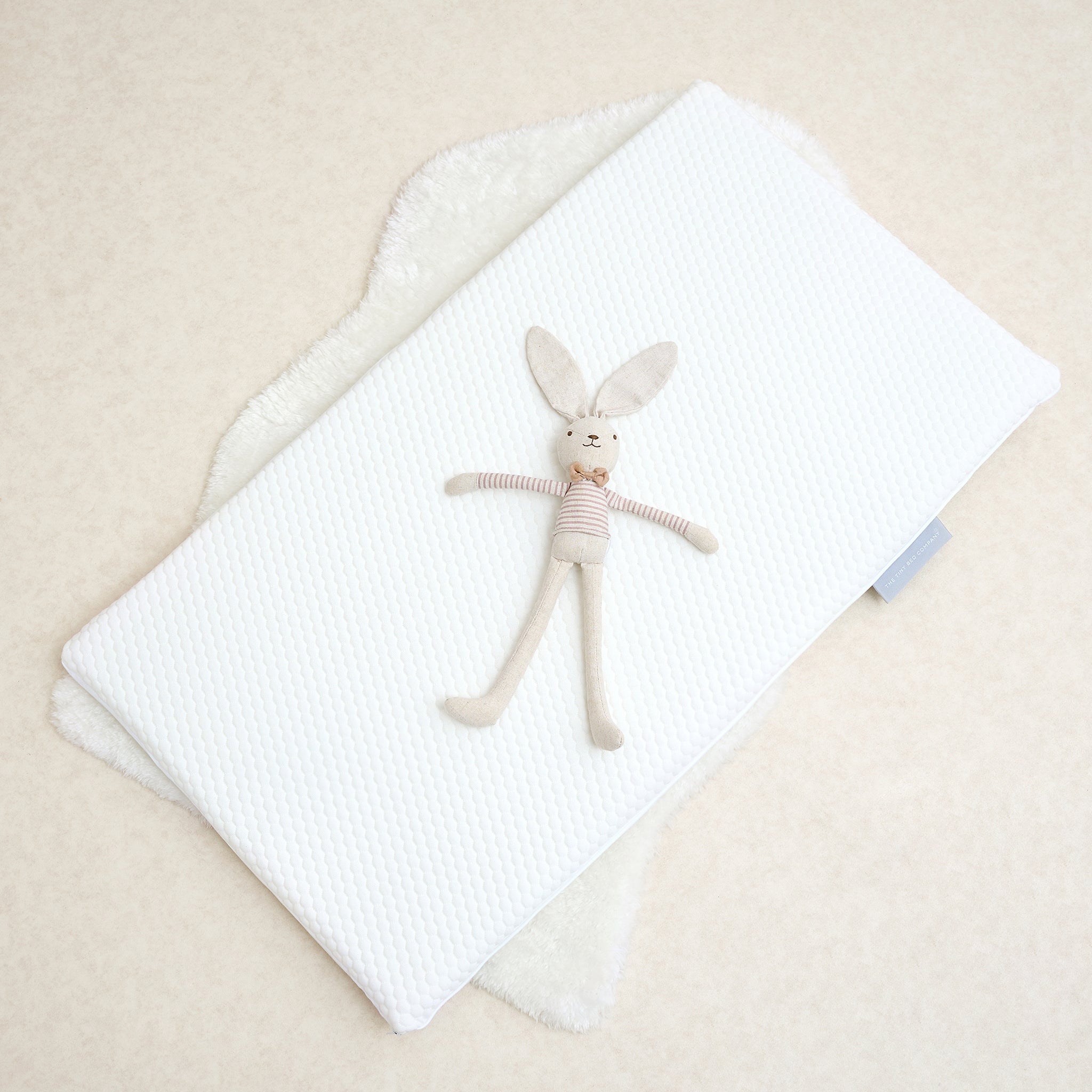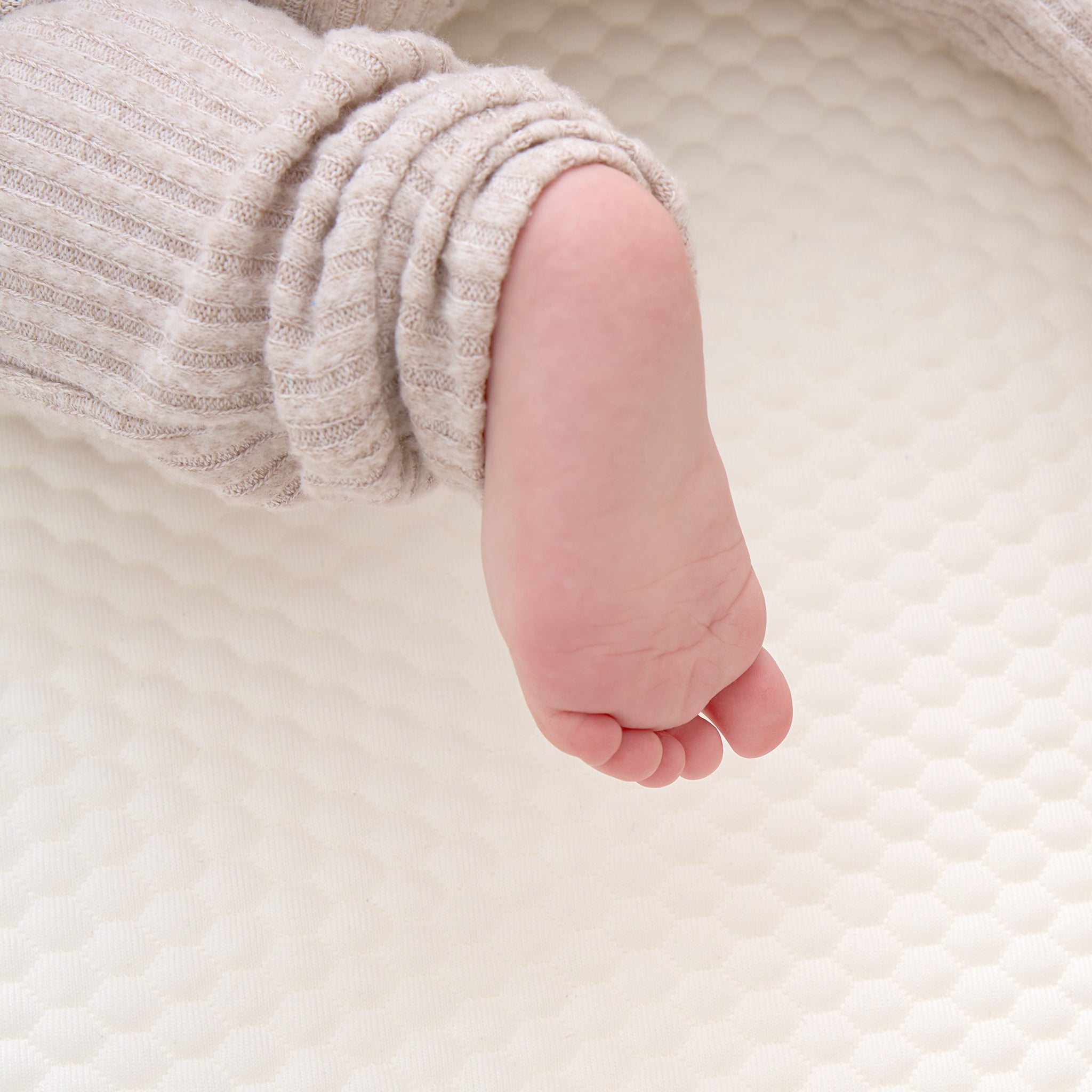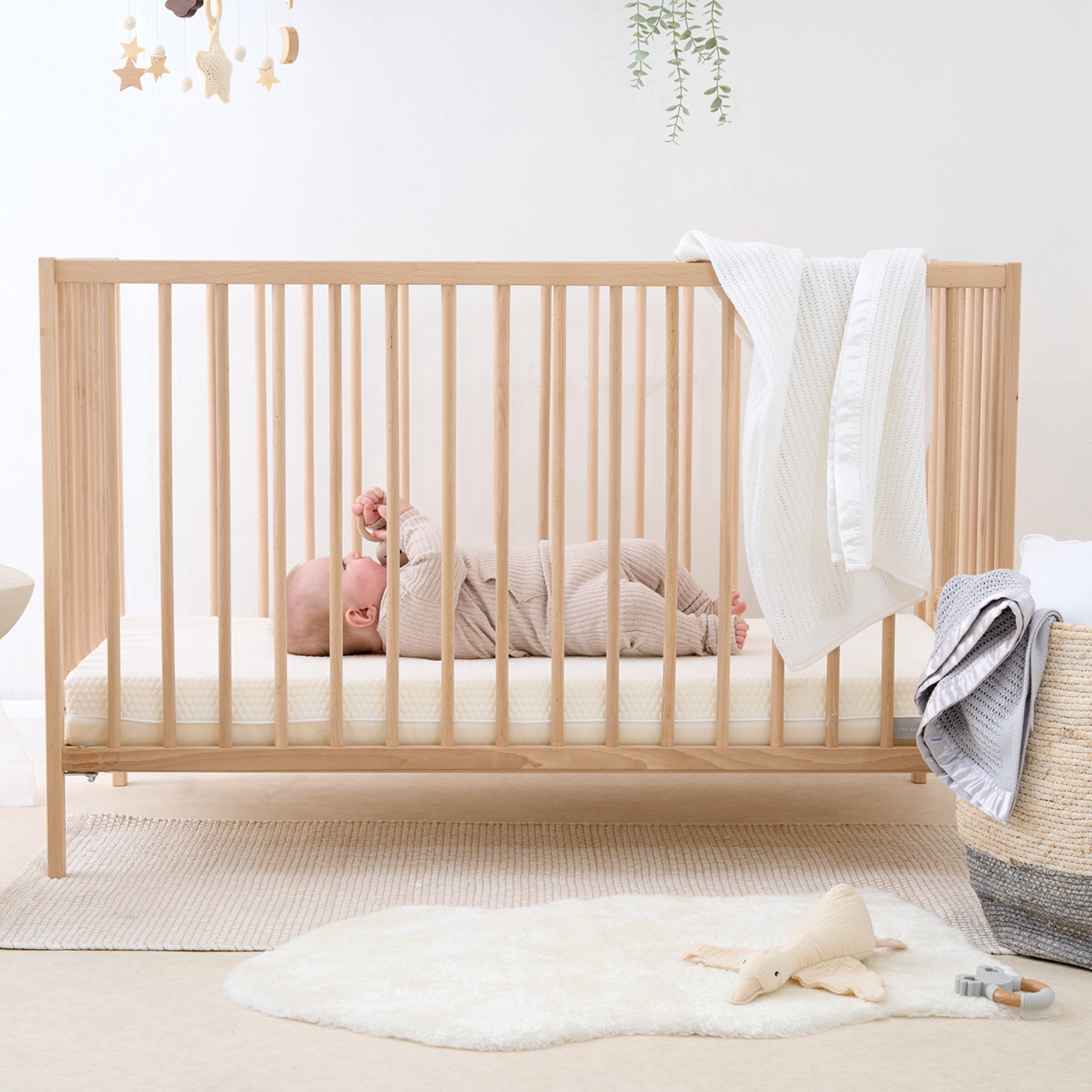Enhancing Communication with Your Toddler: Finding Better Words for 'Silly'
As parents, we constantly seek to nurture our children’s development with thoughtful language and positive interactions. One common habit is calling our toddlers "silly" when they engage in playful or mischievous behavior. While "silly" is often used affectionately, it’s worth considering alternatives that can have a more positive impact on our children’s self-esteem and understanding of their actions.
Why Rethink 'Silly'?
The word "silly" is generally meant to convey light-heartedness or fun. However, repeated use can sometimes confuse young children or make them feel misunderstood, especially when they're trying to express themselves or learn new things. Research suggests that the language we use with our children can significantly influence their emotional and cognitive development.
Positive Alternatives to 'Silly'
-
Playful: Instead of saying "silly girl," try "playful girl." This term acknowledges their fun behavior without any negative connotations. "You’re so playful!" encourages their sense of joy and imagination.
-
Funny: When your toddler does something amusing, call it what it is. "That was funny!" Using "funny" highlights the humor in their actions and shows appreciation for their sense of fun.
-
Creative: Often, what we label as "silly" is actually a display of creativity. Praising this can boost your child's confidence. "You’re so creative with your games!" recognizes their inventiveness.
-
Adventurous: If your child is exploring new activities, describe them as adventurous. "You’re an adventurous explorer today!" This fosters a sense of curiosity and bravery.
-
Energetic: Sometimes, "silly" behavior is just an outlet for their boundless energy. "You’re full of energy!" acknowledges their need to move and play, validating their natural tendencies.
Benefits of Using Positive Language
-
Enhanced Self-Esteem: Positive reinforcement helps build a child's self-image. When children hear affirming words, they feel valued and understood. This boosts their confidence and self-worth.
-
Clear Communication: Using specific words like "playful," "funny," or "creative" helps children understand the exact nature of their actions. It provides clarity and aids in developing their vocabulary and comprehension.
-
Encouragement of Positive Behaviors: By labeling behaviors with positive terms, you encourage your child to continue engaging in those activities. It promotes repetition of actions that contribute to their growth and happiness.
-
Emotional Intelligence: Descriptive language helps children identify and express their emotions more effectively. It teaches them to recognize different feelings and behaviors in themselves and others.
Practical Tips for Parents
-
Be Mindful: Pay attention to your language. It takes practice to shift from saying "silly" to more descriptive words, but mindfulness can make a big difference.
-
Model the Behavior: Children learn by imitation. Use positive language when talking about your own actions and emotions, too. Show them how you describe your feelings and behaviors in constructive ways.
-
Encourage Expressiveness: Ask your toddler to describe their feelings and actions. Guide them with questions like, "What made you feel so playful?" or "How did you come up with that creative idea?"
-
Praise Efforts, Not Just Outcomes: Focus on the process rather than just the result. "I love how you tried different ways to build that tower. You’re so inventive!" This teaches them to value effort and persistence.
By choosing our words carefully and using language that uplifts and clarifies, we can help our toddlers develop a positive self-image, clear communication skills, and a healthy emotional intelligence. So, the next time your child does something "silly," try out one of these alternatives and watch the positive outcomes unfold.

